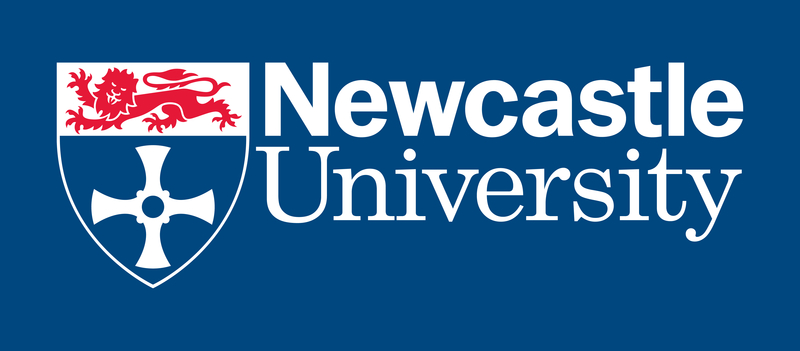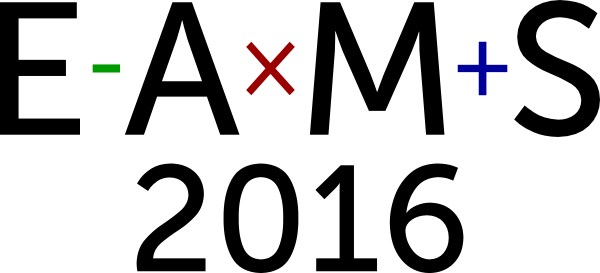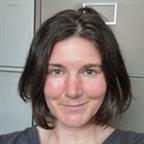Using e-Assessment to support flipped–style teaching
We show how weekly formative e-Assessments are used to support flipped-style teaching of the Calculus & Numerical Methods module delivered to all first year Mathematics students at the University of the West of England, Bristol (UWE). Mazur (1997) pioneered the flip lecture approach, placing students at the centre of the learning process. Typically students do some pre-class work independently before the lecture and the purpose of the class is to consolidate the understanding of the material and to progress to more advanced questions enabling deeper learning of the material. For the module described here, a highly scaffolded approach was employed: A workbook containing gapped lecture notes was created and for each week students had to:
- Watch videos (typically four in total, lasting a total of 40 mins) and fill in the relevant gaps in their workbooks
- Take a formative e-Assessment (typically containing 5 questions)
- Try some basic questions from the worksheet
- Optionally do some extra reading & download a Maple file
The e-Assessment system used is DEWIS, which is a fully algorithmic open-source e-Assessment system designed and developed at UWE. It is a completely stand-alone web based system used for both summative and formative assessments. We show how the Reporter feature allows the academic to efficiently track how a student or cohort of students has performed on a particular e-Assessment. By monitoring engagement with weekly practice tests we have been able to identify non-engaging/non-performing students. During the two hour class, TurningPoint questions and group activities were used to encourage active learning. Student feedback to this new teaching approach has been very positive.
A paper following this talk appeared in the EAMS 2016 special issue of MSOR Connections.
Mazur (1997) Peer Instruction: A user’s manual. Series in Educational Innovation. Prentice Hall


